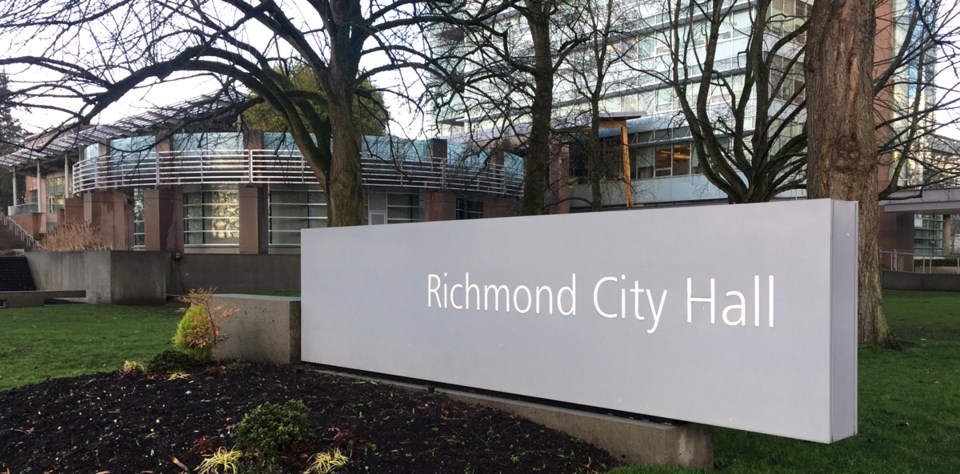Richmond city council is pushing for urgent measures to address the use of plastic.
Coun. Chak Au’s motion from February to ban single-use plastic items resulted in a comprehensive report from staff on the impact of plastic on the environment, but a measured approach recommended by staff to study the issue and consult with the community before moving forward was not fast enough for council.
“People want effective action, they want it now, Vancouver being the model,” said Richmond Mayor Malcolm Brodie after a motion to ask for more information at their committee meeting was passed by council.
Councillors asked staff to come back to the next general purposes meeting, scheduled for May 6, with a report showing what Vancouver is doing, what could possibly be exceptions to a plastic ban – for example, in health care – as well as an implementation timeline, and education and consultation measures.
Comments from councillors focused on the need to do something quickly, and to determine what things can be done in the short-term to restrict the use of plastics. There were also several comments about establishing a timeline on action.
“We need to make a commitment and timelines, or are we just talking about it?” asked Coun. Bill McNulty. He also suggested the city needs a “rigorous community education program” which would include educating businesses as well.
Au suggested a two-staged approach to see what can be done immediately and what can be done later.
“What can be quickly done in terms of giving a signal to show we mean business, this is coming?” he asked, to which staff replied one signal might be to have a bylaw that plastic bags and straws could only be given out at businesses on a “request-only basis.”
But Coun. Carol Day pointed out that there are already products like sugar-cane straws and cardboard takeout containers used by some businesses.
“I would like to see us come out ahead of this instead of following the leader,” Day said. “I’d like to see us be more proactive.”
Coun. Kelly Greene said council should pick the “low-hanging fruit” and do those things that are possible now.
“I really think delaying will be like fiddling while Rome burns,” Greene said. “This is vital that we act now.”
Coun. Michael Wolfe said he’s been on many shoreline cleanups and catching plastic on Richmond’s shorelines is the last place to grab it before it heads out to the ocean. He asked staff to bring back information on how, within city operations and events, plastic use could be banned or restricted.
The staff report to council didn’t recommend an immediate ban to plastic straws, shopping bags and polystyrene foams, rather they suggested creating a discussion paper that would form the basis of community consultation on what items should be targeted and how they could be banned, regulated or reduced.
An immediate ban could be met with resistance, the staff report noted, as consultation and education would be necessary for community buy-in and compliance with new rules. Because of its “direct impact to residents and businesses,” staff recommended council not endorse an immediate policy change.
The cost of the recommended consultation was $185,000, which would have come from the General Solid Waste and Recycling budget.
Since the 1950s, an estimated 8.3 billion tonnes of plastic has been produced world-wide, and in Canada, only 11-12 per cent of the 3.84 million tonnes of plastic used is collected and recycled, according to the staff report.
Polystyrene foam can take hundreds or even thousands of years to break down. Because plastic often smells like food, animals living in the ocean eat it, think they’re full and then starve to death.
It’s estimated between 1.15 and 2.41 million tonnes of plastic enter the ocean from rivers every year and if this continues, by 2050, there will be more plastic than fish (by weight) in the ocean.



